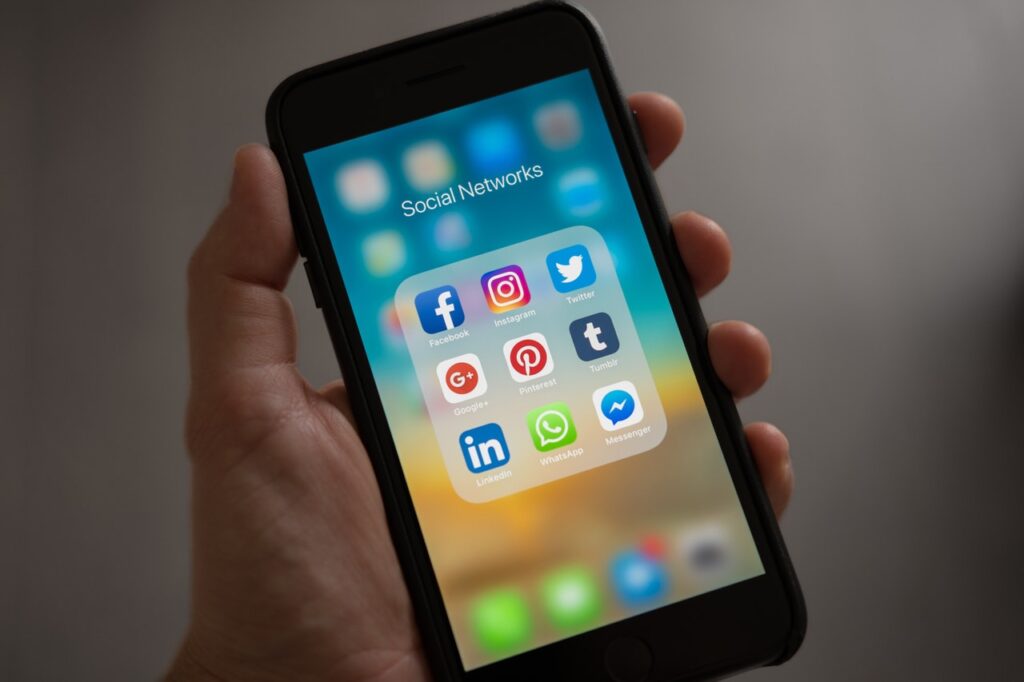An open call to technology companies: Do More, Know Less

For over a decade, we’ve been told that participating in a connected digital world requires giving up our personal data, our privacy, and even our agency. It’s true that social media platforms like Facebook have revolutionized our ability to stay connected, participate in civil society, build community, nurture relationships across distance and border, and benefit from e-commerce. But simultaneously, we’ve seen the emergence of disturbing practices surrounding data collection, use, surveillance and manipulation, many of which were highlighted in the The Patrick J. McGovern Foundation supported Netflix documentary, The Social Dilemma.
Now, as I’ve long argued, we’re learning that the tradeoff between products and privacy isn’t necessary. As Alex Heath‘s reporting in The Verge shows, Facebook is acknowledging that it can know less and do more. Not surprisingly, the solutions lie in technology innovations that can effectively anonymize and aggregate data so companies know less about consumers, even as they build new and better products.
The pivot of Apple, Google and Facebook to signal an intention to protect our digital privacy has been driven by an increasingly urgent civil society movement pressuring these companies to change their harmful practices. As Facebook takes this first step, civil society must continue to demand transparency and accountability about the changes and their impacts on society. Regulators too have a role to play. If it is possible for tech companies to overhaul their systems to protect our privacy, shouldn’t the government make it mandatory?
While the stakes are high for Facebook and its shareholders, the consequences of this experiment are highest for Facebook’s 2.89 billion active users worldwide. Private companies need to reassess their fundamental assumptions about the use of our personal data to promote their commercial interests and realign their practices to shared social good.


